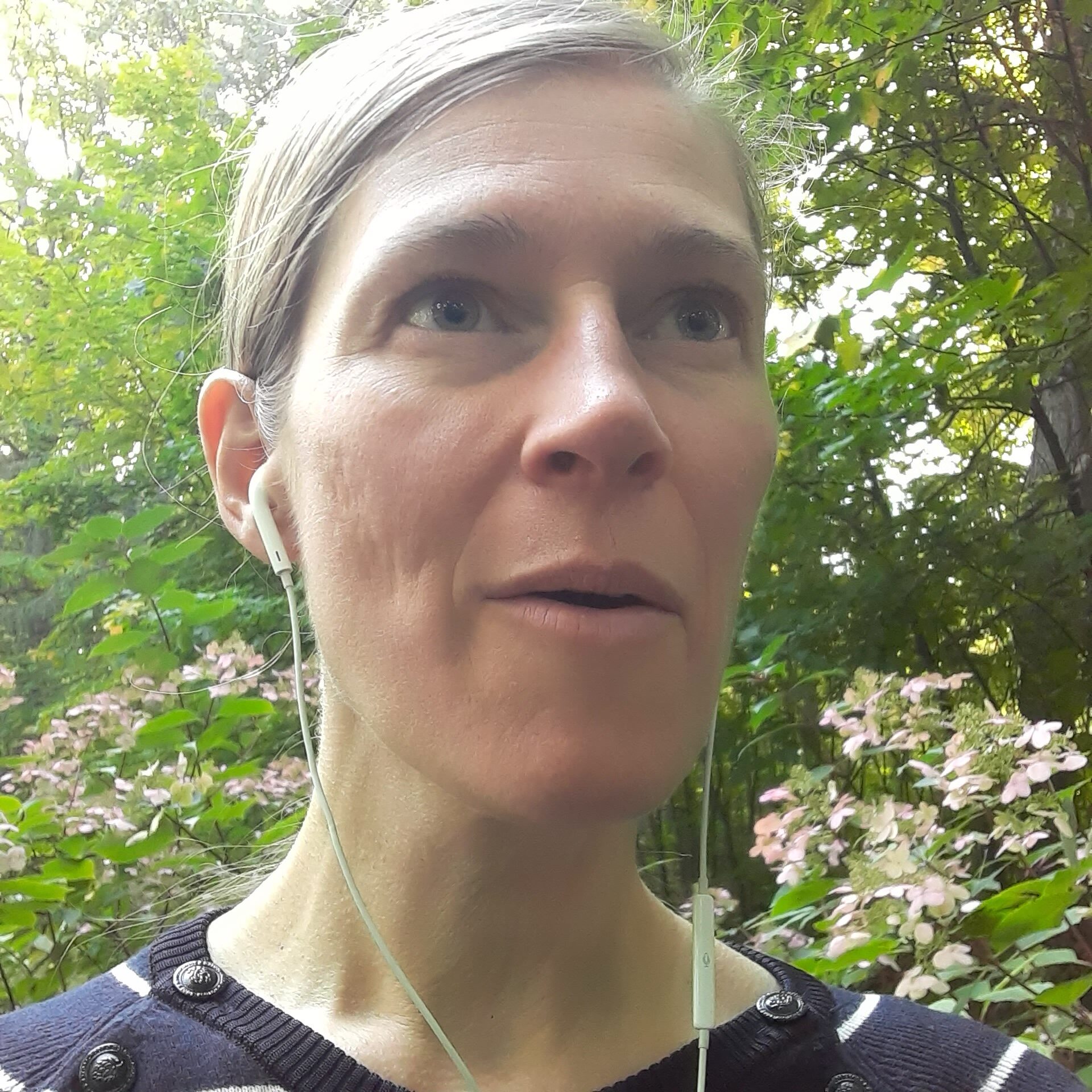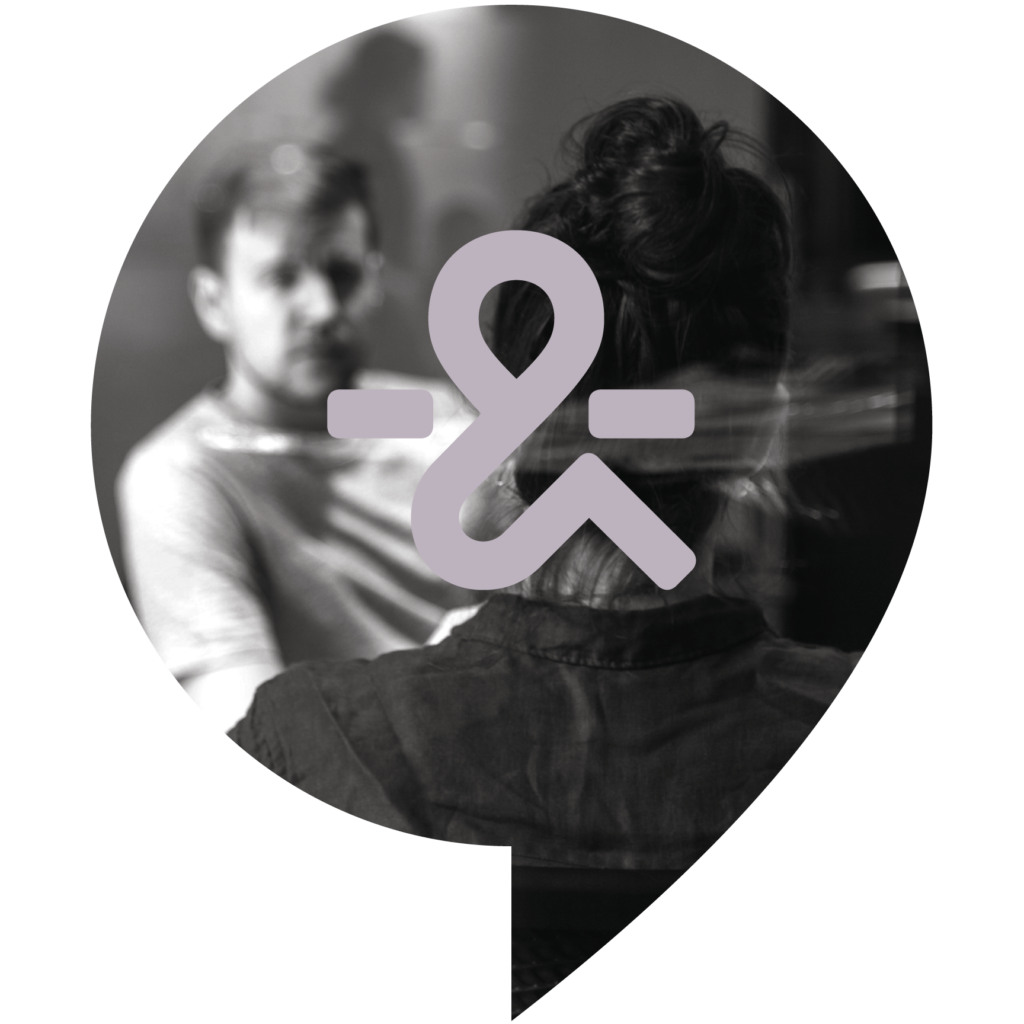Loran Spa
Address
London
SW18 1RG
Opening Hours
Monday – Friday
6:30 AM – 22:00 PM
Saturday & Sunday
7:30 AM – 22:00 PM
Contact Us
[email protected]
© 2025 Loran Spa - All Rights Reserved.
Understanding French: six tips for active listening

Practicing active listening in a second language can help you understand French better.
“I don’t understand Quebecers when they talk to me!” I hear that every semester in my French as a second language classes, in the intermediate level. These students can speak French, but they have difficulties understanding what people are saying outside of the classroom. They feel frustrated, sometimes revolted. They have a feeling of impunity in front of a language that can not be understood by non-French-speaking people.
Are you one of those people who struggle to understand Quebecers? If so, please do not give up. I am not teaching you anything by telling you that to improve comprehension, you must multiply the opportunities to interact in French. But have you ever thought about what you are doing while you are listening?
We listen to answer instead of listening to understand
I am convinced that you have already experienced this: you listen to a person while thinking about what you will answer when your turn comes to speak. You may even be wondering if you will interrupt the other person to say what you have to say. You may even be thinking about something else while that person is talking to you. This can be noticed in your gaze: you are somewhere else.
All this action going on in your head can quickly make you lose track of the conversation. This is when anxiety comes up. This unpleasant sensation quickly takes up all the space. There is no space left to focus on the words of your interlocutor. You no longer listen; you are in your inner scenario.
To facilitate understanding
Today I would like to offer you six tips to practice active listening in order to understand better. This is how to listen to understand rather than listen to answer.
Active listening in six tips
- Looking at the person speaking in the eyes. Remaining on the lookout for the movement of his lips.
- Focusing on what is being said.
- Listening to understand, without thinking about the answer you are going to give.
- Giving breaks to the other person, and to yourself.
- Asking questions only about the things you misunderstood or didn’t understand.
- Paying attention to the non-verbal language of your interlocutor (posture, facial expressions, eye contact, etc.).
After the conversation, ask yourself questions
Following the conversation, go back on your experience. What was easy for you in active listening? What was difficult? What helped you the most? Write down your observations in order to improve your active listening during your next discussion.
To understand, listening well is often enough
How about a challenge?. During your next discussion with a French speaker, choose to open your mouth as little as possible while your interlocutor speaks, so that you listen as actively as possible. You will then be able to see this: to understand, listening well is often enough
References
https://www.cchst.ca/oshanswers/psychosocial/mentalhealth_activelistening.html
Dulude, Guillaume. I am a gold digger: the mechanisms of communication and human relations. Les Éditions de l’Homme, 2020.
More From
The Blog

What stage of competence is this learner at?
E&T: The Blog Language Coaching for high performance professionals Anyone undertaking learning goes through four psychological stages before becoming competent according to the “conscious competence”

Why Will You Love Language Coaching?
E&T: The Blog Language Coaching for high performance professionals Language coaching is a different way of learning that allows you to practise speaking without the

Learning French: why start with oral?
E&T: The Blog Language Coaching for high performance professionals Take Yourself Enjoy Our Treatments. Loran Spa Lorem ipsum dolor sit amet, cons aring elit sed


